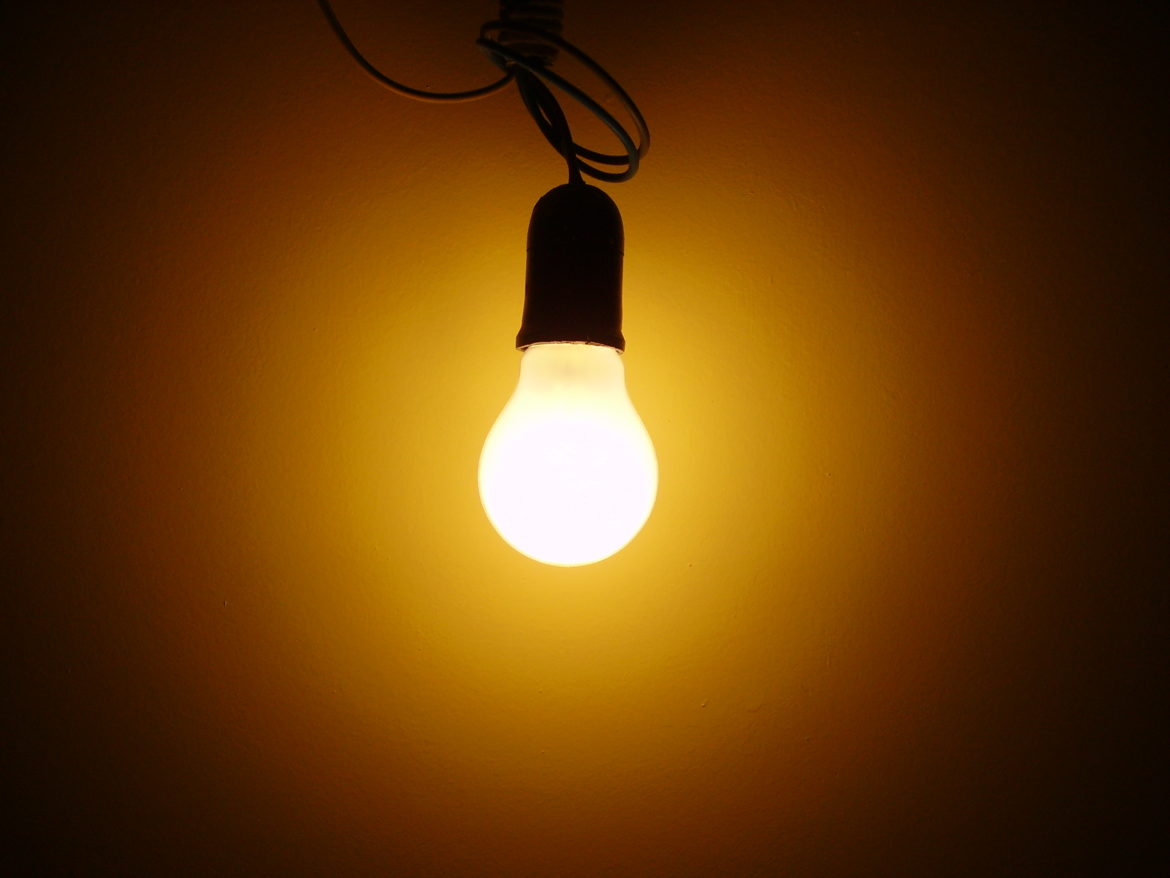
D. Maurice Kreis
By D. Maurice Kreis,
Power to the People
Happy New Year! Here are ten great ideas for 2019, for those who care about the plight of New Hampshire’s residential utility customers:
- The Legislature should ‘fix’ the New Hampshire Supreme Court’s 2018 decision about the 1996 Electric Industry Restructuring Act. A majority of the justices voted (in legal parlance) to flip the sensible conclusion of the Public Utilities Commission (PUC) that Eversource can’t invest in an interstate natural gas pipeline and force electric customers to pay for it.
You can’t really blame the justices for drawing the wrong inferences from a very complex and convoluted statute. Restructuring was supposed to transfer the risk of such investments from customers to shareholders. The Restructuring Act should be amended to say that, loud and clear.
- Next the Legislature should repeal House Bill 317 from last session. New Hampshire is currently ranked a dismal 21st when it comes to energy efficiency – last in the northeast. We are losing ground to our neighbors, to the detriment of the state’s economy. Meanwhile, under HB317, the PUC can’t increase the charge on electric and natural gas bills that funds energy efficiency programs, beyond levels approved by the PUC in 2016, unless the Legislature approves, the governor signs the measure into law, or there’s a veto override.
The sponsors of HB317 said they like energy efficiency but the SBC looks too much like a tax. But it’s not a tax – it’s a utility rate, paid by customers for a service. In this case, a fabulous service since energy efficiency means everyone saves money in the long run.
- The PUC should do something about grid modernization. New Hampshire’s electricity grid is state-of-the-art if you think that Jimmy Carter, or maybe even Dwight D. Eisenhower, is still president.
A bunch of stakeholders – myself included – spent nine months talking about grid modernization and filed a detailed document – the Report of the Grid Modernization Working Group – in March of 2017. Since then, absolutely nothing has happened and the utilities, understandably, are wondering how best to deploy their capital. If the working group report were a baby, it would have already taken its first steps. So we need next steps from the PUC toward a 21st Century electric grid!
- Springtime will bring the first Eversource rate case in New Hampshire since the last one was filed almost a decade ago. The state’s biggest electric utility should include a revenue decoupling plan in its filing. Right now, the utility gets to compensate shareholders for revenue lost to energy efficiency on a heads-I-win-tails-you-lose basis.
A revenue decoupling plan adjusts rates up or down as sales fluctuate, symmetrically and fairly. That’s good for customers and shareholders, but hard to impose on an unwilling utility.
- Utilities, the PUC, and the General Court should all take an open-minded look at NWAs — “non-wires alternatives.” In the latest annual energy efficiency proceeding at the PUC, we tried to introduce the idea that energy efficiency measures can be “geo-targeted” – which means deploying them on specific electric distribution circuits that would otherwise need expensive upgrades to the poles and wires.
“Great idea – wrong docket” was the answer we got, a time-honored strategy for avoiding progress in the utility business. In fact, energy efficiency can and should be just one arrow in the NWA quiver. The topic should be anything but forbidden.
- Consumers deserve a real voice in the governance of ISO New England, the nonprofit regional transmission organization (RTO) that oversees our wholesale electricity markets and bulk power transmission system. In the Midwest, ratepayer advocates have such a formal seat at the table with repect to the nation’s biggest RTO, known as PJM.
If you don’t think ISO New England needs reasons to be more ratepayer-friendly, check out the December 20, 2018 dissent from Commissioner Richard Glick of the Federal Energy Regulatory Commission (FERC). Glick excoriates his colleagues, and ISO New England, for agreeing to force all electric ratepayers in New England to fork over “hundreds of millions of dollars” to “bail out” a liquefied natural gas import facility near Boston and the big generator it serves (Mystic Station) – all in the name of “fuel security,” an objective not mentioned anywhere in the Federal Power Act.
- At the very least, the FERC should rule, as requested, that the public should be allowed in the room at meetings of the New England Power Pool (NEPOOL) – the official (and industry-dominated) stakeholder advisory body to ISO New England. Making the documents public is not enough. Kudos to Sam Evans-Brown of New Hampshire Public Radio (NHPR) for noting the irony of NEPOOL general counsel David Doot telling NHPR how transparent NEPOOL is but refusing to be interviewed on tape so we could hear Doot say so.
- New Hampshire needs an electric and natural gas utility customer data registry. There is a wealth of information out there, presently unused by utilities or customers or third-party providers alike, that could help consumers save money by making better use of their utility service. The best way to put that data to work would be to require the utilities to make it available via a neutral portal, perhaps overseen by the PUC. It would have to be subject to the robust privacy protections already enshrined in state law, of course.
- Climate change is a threat to the future of civilization and, certainly, residential ratepayers in particular. So there is indeed reason to be skeptical about increasing our reliance on fossil fuels. But the climate activists should stop conflating expansion or construction of interstate natural gas pipelines – like the hopefully abandoned Access Northeast project mentioned in Item No. 1 above – with Liberty Utilities’ proposed Granite Bridge pipeline along the Route 101 corridor.
Granite Bridge is just a scheme to move gas around more efficiently within New Hampshire – and, via the proposed LNG tank in Epping, to store it for times when demand is high and gas is expensive. The key question, for ratepayers, is whether the project is too big and too expensive.
- On March 5, 2018, the PUC made a little-noticed ruling in the course of deciding it would be okay for Liberty Utilities to provide natural gas service in Hanover and Lebanon. The Commission said: “While we acknowledge Hanover’s, Lebanon’s, and the public commenters’ environmental and public policy objections to the use of gas, energy and environmental policy is the purview of the legislature . . . [and] environmental regulatory decisions are better left to an agency that is expert in the subject matter and has the jurisdiction to regulate effects on the environment.”
But the applicable statute (RSA 374:26) requires the PUC to determine whether such franchise expansion requests are “for the public good.” That makes environmental concerns germane to such requests. So, next time, the environmental activists should consider raising this issue with the New Hampshire Supreme Court.
Power to the People is a column by D. Maurice Kreis, New Hampshire’s Consumer Advocate. Kreis and his staff of four represent the interests of residential utility customers before the NH Public Utilities Commission and elsewhere. It is co-published by Manchester Ink Link and InDepthNH.org.





